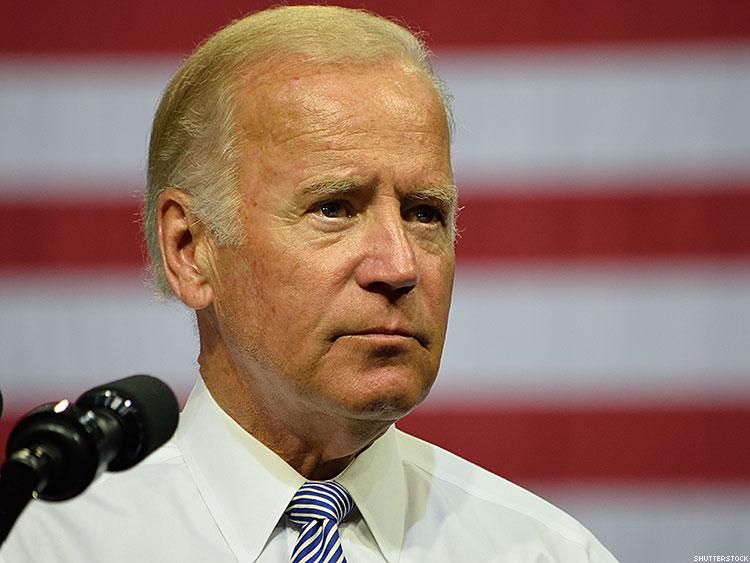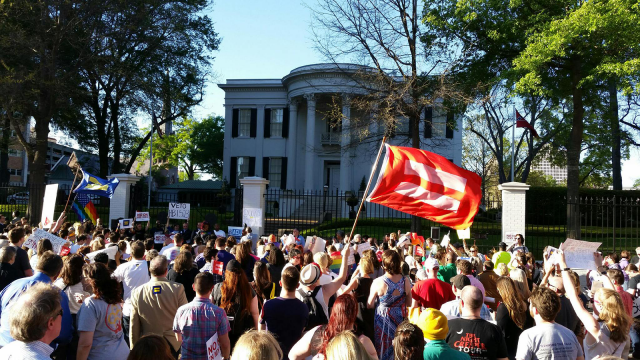The Trans List is the latest in a series of documentaries by acclaimed photographer and director Timothy Greenfield-Sanders. Like his previous films, which include The Black List, The Latino List, and The OUT List, The Trans List features a sincere, straightforward style of interviewing, giving a platform for people to share their life stories in their own voices.
Learn more about The Trans List and about IDENTITY: Timothy Greenfield-Sanders The List Portraits, an exhibit of photos from The Trans List and the other documentaries at the Annenberg Space for Photography in Los Angeles here.
Author, advocate, and co-producer of the documentary, Janet Mock leads interviews with eleven prominent and diverse members of the trans community in short, sharp segments that delve deeply into their lives, addressing identity, family, career, love, struggle and accomplishment.
Mock, in an an interview for AOL, said: “What was important for me to show was the community is not a monolith. That we have various experiences. That we are from different generations. We’re different ages. We transitioned at different times in our lives. That our experience with wealth and economy and access to employment and education is vast and wide.” Watch the full interview here.
GLAAD spoke with three of the people featured in the documentary: Bamby Salcedo, founder of the TransLatin@ Coalition, Alok Vaid-Menon, writer, poet, and performance artist, and Amos Mac, photographer, producer, and publisher, about why people should watch the documentary, their experience being part of the film, and what they hope people take away from watching.
GLAAD: Why should people tune in to watch The Trans List?
Bamby: I think people should watch because the film provides a personal and human connection to the trans people it portrays. The film will be able to open hearts and minds, and hopefully people will get a better sense and understanding about who trans people are, and that will change the way people view and treat trans people. It is not only educational; it is humanizing and connective.
Alok: In a media moment saturated by cisgender people telling transgender stories it feels really exciting and beautiful to have trans people telling our own stories. What the film shows is that there is no “one” trans narrative. We are all extraordinarily different and have different ideas about what gender even is! This film really complicates the idea that there’s only one way to be trans.
Amos: The storytelling and raw emotion in the film is beautiful. Watch this film and get to know some trans people that you might not already be aware of. With a platform like this, it can be used to educate folks who think they’ve never met a trans person, or those who may have assumptions that our experiences are all very similar. There are as many trans experiences in the world as there are trans people. And here are 11.
GLAAD: Why do you think the decision to have Janet Mock do the interviewing in the film was important?
Bamby: It was an honor to be interviewed by Janet, knowing that she is not only a celebrity but she is also one who is using her platform and bringing visibility to the issues that trans women continue to face in our society. The decision to have Janet do the interview made complete sense because of her connection to the community as a trans woman of color who has had many similar experiences to those she interviewed. It was the personal and intimate connection that allowed for a great interview.
Alok: It was one of the best interviews I’ve had! Janet really does her research and she asked questions that were probing and important. I could tell that she had engaged deeply with my work. It was so refreshing to be interviewed by another trans person. We were able to get past the basics of, “How is it possible to neither be a boy nor a girl?” and actually focus on the deeper stuff. There is a long history of cisgender people objectifying transgender people in interviews. We’ve all seen it before: a cis person asking about our transitions, our genitalia, our experiences with violence. Having a trans person interview another trans person was so necessary. It was a conversation on our own terms.
Amos: Having Janet, a trans person, who was both so active behind the scenes as a producer and an interviewer for The Trans List was incredibly important for my personal experience with this project. I felt like I was really able to open up for this interview. I trusted Janet immediately with my story. I also think it sets a great precedent for the media and entertainment industry: hire trans people to work on trans stories! This has not always been the case with the media, so I applaud the HBO crew and Timothy for getting that.
GLAAD: What do you hope people take away from watching the film?
Bamby: What I hope is that that we as trans people are able to integrate within our society and should be integrated into our society. Regardless of our different experiences, we are part of society and should be included. If people can get the idea that we as human beings deserve the same dignity, rights, and respect, that would be huge.
Alok: I hope people take away that there are as many trans narratives as there are trans people — that each of us is extraordinarily complex and unique. This film is bringing trans and gender non-conforming life to a wide audience so I hope that people will be confronted with ideas and narratives that they’ve never considered before.
Amos: I want people to understand what we all have a very real human experience that can be relatable on different levels. And while you don’t have to understand exactly where I’m coming from or might not get what my experience feels like, you can simply respect me as a person. I hope it reaches youth or adults who might be looking for stories they can relate to. When I was a kid, it would’ve been life changing for me.
GLAAD: Do you hear a unifying theme among all the interviewees?
Bamby: I think the unifying theme is that everyone interviewed faces and faced different struggles, but we all have also overcome and overturned those different struggles into opportunities. Our resilience is unifying.
Alok: I would say the one theme that ties it all together is all of us are advocating for gender self-determination. We talk about how so many systems (families, schools, prisons) prevented us from being able to determine who we are. We offer a simple demand: believe us when we say who we are.
GLAAD: What are actions allies can take to support trans and gender expansive people?
Alok:
1) Don’t assume anyone’s gender until they tell you about it. Gender is not what we look like, it’s who we are.
2) Recognize that violence is an every day reality for many of us. Ask us how we are doing and how we need assistance.
3) Donate to trans (and especially trans people of color) organizations and causes. Our issues are often ignored even though they are among the most important.
Amos:
Listen to their stories. Respect their experiences.
GLAAD: Any final thoughts or advice?
Bamby: Especially to the young people, understand that through this plight and these difficult times, you are not alone. There are people who are in the struggle and who have been in the fight and will continue to fight for a better future for you and us.
The Trans List premiered December 5 on HBO and will re-air on the network. It is also available on HBO Go and HBO Now.
A paperbook book version of The Trans List portraits and interviews is available for purchase on Amazon.














 There are three significant barriers to the NPVIC. First, some Democrats think the Electoral College can still be a Blue firewall against Republicans. The 2016 election notwithstanding, states like Pennsylvania and Michigan and Wisconsin have still often voted Democratic in presidential elections. A small swing in those states would have given Hillary Clinton the presidency. Second, legislation passed could be repealed. A group of states could pass the NPVIC and campaigns could start reorienting themselves to a popular vote model. But political changes at the state level could inspire legislatures to make last minute changes if they felt the elections were not going their way. This uncertainty could undermine the entire project.
There are three significant barriers to the NPVIC. First, some Democrats think the Electoral College can still be a Blue firewall against Republicans. The 2016 election notwithstanding, states like Pennsylvania and Michigan and Wisconsin have still often voted Democratic in presidential elections. A small swing in those states would have given Hillary Clinton the presidency. Second, legislation passed could be repealed. A group of states could pass the NPVIC and campaigns could start reorienting themselves to a popular vote model. But political changes at the state level could inspire legislatures to make last minute changes if they felt the elections were not going their way. This uncertainty could undermine the entire project.